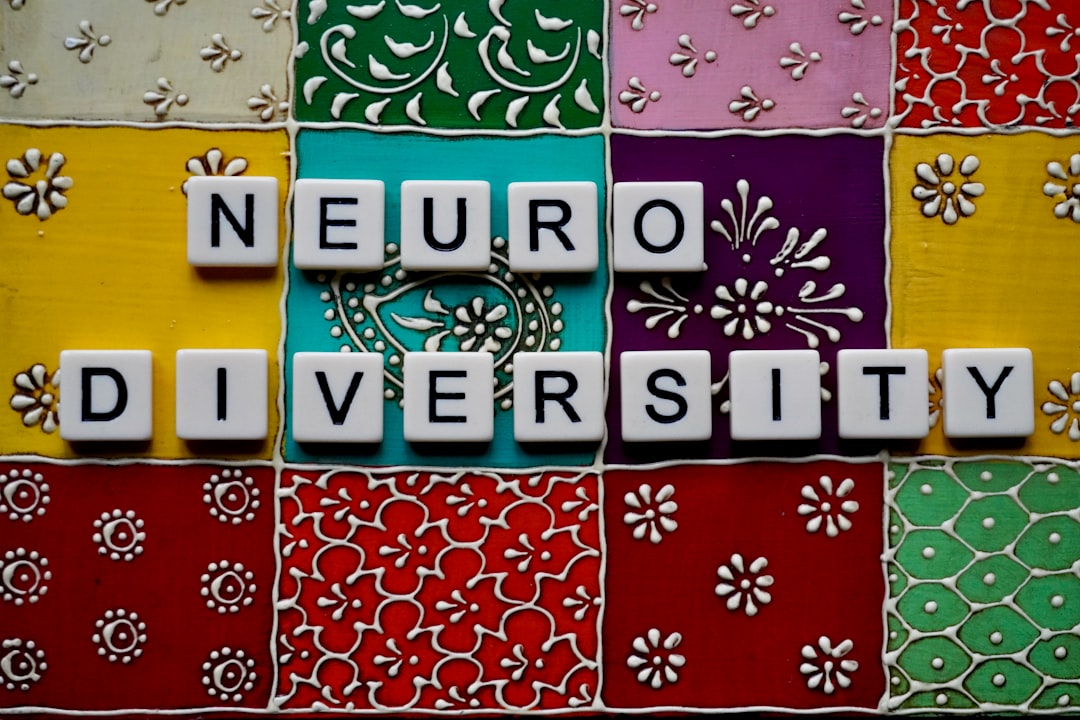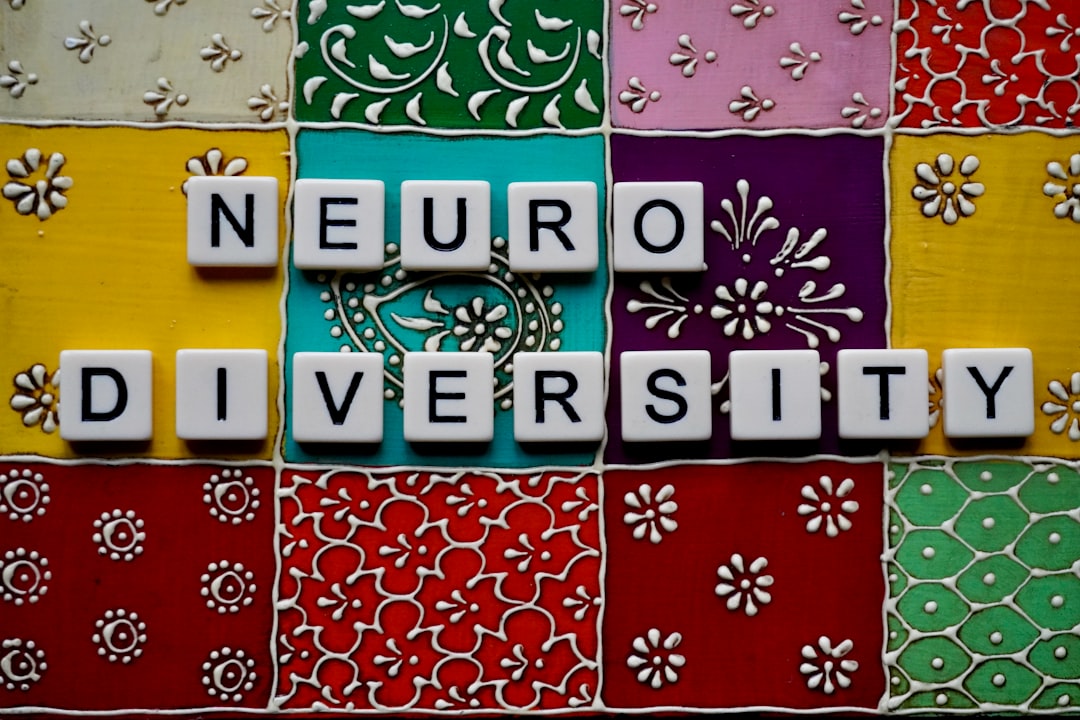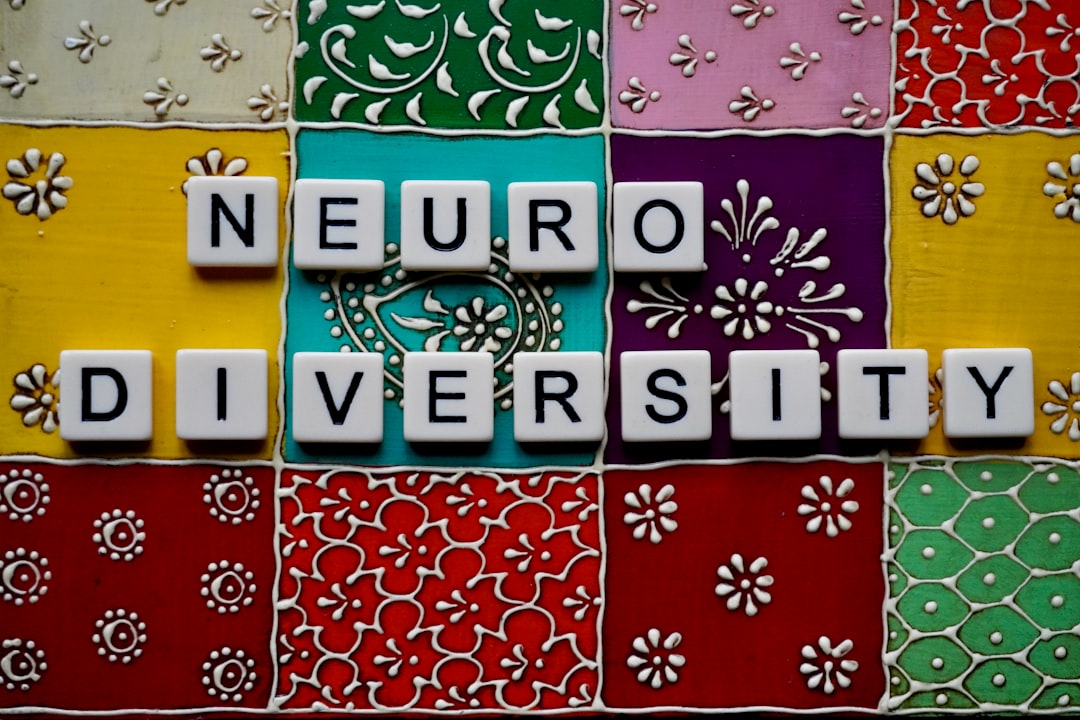In the vast expanse of neuroscience, two concepts that frequently surface in discussions about cognitive abilities and emotional intelligence are IQ (Intelligence Quotient) and EQ (Emotional Quotient). These terms, often misconstrued as interchangeable, are distinct in their nature, implications, and roles in an individual’s success and well-being. This blog post dives deep into the essence of IQ and EQ, elucidating the critical differences that set them apart.
Understanding IQ
IQ, or Intelligence Quotient, is a measure of a person’s cognitive abilities compared to the average population. It evaluates one’s capacity to use logic, understand complex ideas, solve problems, and learn from experience. IQ tests cover various areas, including mathematical ability, spatial recognition, and linguistic aptitude. Historically, a high IQ score was considered the ultimate indicator of a person’s potential for academic and professional success.
The Essence of EQ
On the other side of the spectrum lies EQ, or Emotional Quotient, sometimes referred to as emotional intelligence. EQ is the ability to recognize, understand, and manage one’s own emotions, as well as the emotions of others. It encompasses skills such as empathy, self-regulation, motivation, and social skills. In contrast to IQ, EQ is more about the human side of intelligence, focusing on interpersonal and intrapersonal competencies.
Key Differences Between IQ and EQ
While both IQ and EQ are integral to an individual’s overall intelligence framework, they differ significantly in their focus and the competencies they encompass:
- IQ is primarily concerned with cognitive abilities and is measured through standardized tests.
- EQ deals with emotional intelligence, including awareness and management of emotions, empathy, and social skills.
The Role of IQ and EQ in Success
Numerous studies have shown that while a high IQ can predict academic and professional achievements, it’s EQ that plays a crucial role in determining long-term success and personal fulfillment. EQ skills such as empathy, self-awareness, and adaptability are indispensable in today’s ever-evolving social and professional landscapes.
Can IQ and EQ Coexist?
Absolutely. The most successful individuals often possess a healthy balance of both cognitive intelligence and emotional intelligence. Enhancing one’s EQ can significantly complement cognitive abilities, leading to more profound personal relationships, better conflict resolution skills, and improved leadership qualities.
Enhancing Your EQ
Improving your EQ involves:
- Being mindful of your emotions and reactions
- Practicing empathy by genuinely trying to understand others’ perspectives
- Developing better communication skills
- Learning conflict resolution techniques
Conclusion
Understanding the difference between IQ and EQ is paramount in recognizing the multifaceted nature of human intelligence. While IQ can open doors to academic and professional opportunities, it is EQ that will determine how well you walk through those doors and lead a fulfilling life. In the journey towards personal and professional excellence, embracing and enhancing both your cognitive and emotional intelligence is key.


